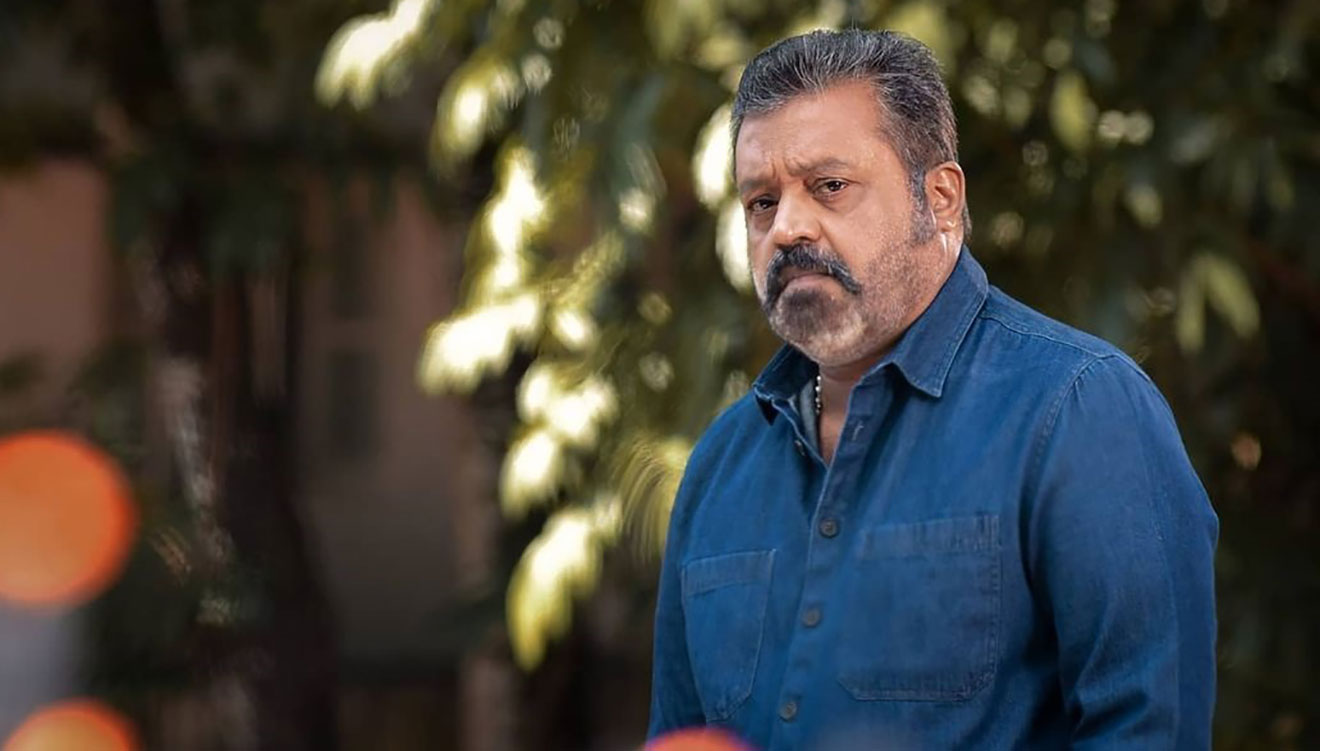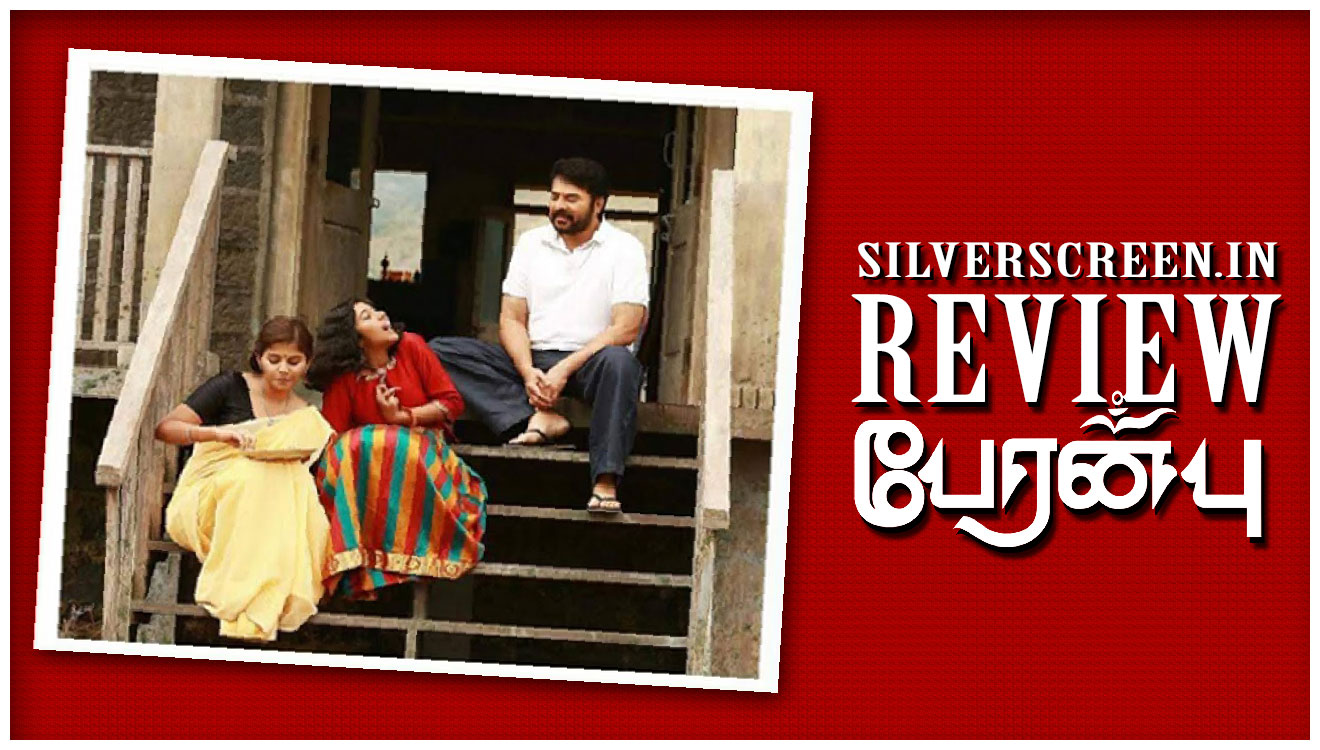Based on the Kannada story, Madhyantara, all three of the unnamed short films comprising Ankahi Kahaniya, grapple with forbidden love in its many forms. The first two in the anthology are, in many ways, the most endearing and innocent, making the heart sink and swell as the frames go by.
Ashwiny Iyer Tiwari’s first short, with the lonesome sales executive Pradeep at the helm, is the set’s crowning achievement. What makes the character-driven equal-parts-sweet-and-poignant narrative so engaging is Banerjee’s emotion-laden lead performance. Right from his initial introduction as the reticent sales person manning a woman’s section of a family-run clothing establishment, we are given short, sharp glimpses of his monotonous existence. He tells his carefree co-worker to stop slacking off, and concentrate. His working-class life is encapsulated beautifully in a mere scene or two – he’s either at the store attending to customers or at home listening to his roommate whisper sweet-nothings to a significant other.
Pradeep changes in the most unexpected manner when his boss orders a new female mannequin. The sheer loneliness up until that point remains deceptively hidden, but when he begins interacting with the inanimate object (complimenting her, being respectful while moving her around, and so forth), it hits you hard. What makes Tiwari’s story so good is that Pradeep’s romantic affection isn’t sexualised…he wants somebody who listens, somebody he can hold hands with and take to the beach, somebody to love. It unfolds as an innocent/harmless fantasy before those around him kick up a judgemental storm. I last saw Abhishek Banerjee in Paatal Lok as a menacing and deranged serial killer with a unique value system. The incredible switch from that role to this tells me that this man is a great actor in the making. Without his vast emotive range – he cries, he laughs, he pleads, he contemplates, he longs for things – Iyer’s film may not have exuded the kind of pure beauty it does.
Coming in second, in the anthology and my order of ranking, is Chaubey’s old-school love story set in Bombay of the 70s (presumably). Featuring Rinku Rajguru as Manjari and Delzad Hilwale as Nandu, it tells the tale of two unlikely souls falling for one another as a way out. Both hail from difficult personal environments. Manjari belongs to a typically sexist Indian household where the women perform all the domestic duties. In their one-room chawl, it’s only her abusive brother who needs serving. Her escape is the nearby cinema, a place she visits daily, on the pretext of chores. Nandu operates the film projector over there, lending a hand at the theatre’s food stall too. When he isn’t working, he is tending to his perpetually inebriated and sick uncle.
Abhishek Chaubey’s romance captures the same innocence as Iyer’s short, while paying extended homage to the 70s filmy duniya it is set in. Nandu’s fantasy of a grandly-dressed Manjari preparing to dance on stage or Manjari conjuring images of Nandu striding in her direction (sky-blue bell-bottoms, half-open shirt, and shades, in tow), nonchalantly knocking out her real-life sexual harasser with a cola in hand…it’s all an ode to the era’s classic hero-heroine-bad guy motif. Subtle hints at their growing affection and the eventual strength each gathers from the other’s presence, make the film a heart-warming watch.
All things considered, Saket Chaudhary’s third and final short proves to be the weakest link. The premise is interesting, so is the writing. But the acting doesn’t quite match up to the task at hand. Partners who have been cheated on come together to make sense of their significant other’s betrayal. Scenarios are drawn up (where, when, how, why) between Zoya Hussain’s Tanu and Kunal Kapoor’s Manav. After some initial awkwardness, they set about re-creating all the likely sequence of events, based on their spouses’ personalities.
Recommended
One deft touch in all of this is that the liaison between Nikhil Dwivedi’s and Palomi Ghosh’s characters (Tanu’s and Manav’s respective spouses) is witnessed entirely through the prism of their partners’ thoughts/visions. They play out as dream sequences, with Tanu and Manav interrupting the flow, when either believes their significant other may have gone about a situation differently. How the affair actually transpired is never really shown, and is touched upon very briefly towards the end. A powerful way of telling a story, make no mistake. However, even the awkward, empathetic, situational bond shared by Tanu and Manav feels a bit forced, under the prevailing circumstances.
*****
This Ankahi Kahaniya review is a Silverscreen original article. It was not paid for or commissioned by anyone associated with the movie. Silverscreen.in and its writers do not have any commercial relationship with movies that are reviewed on the site.



